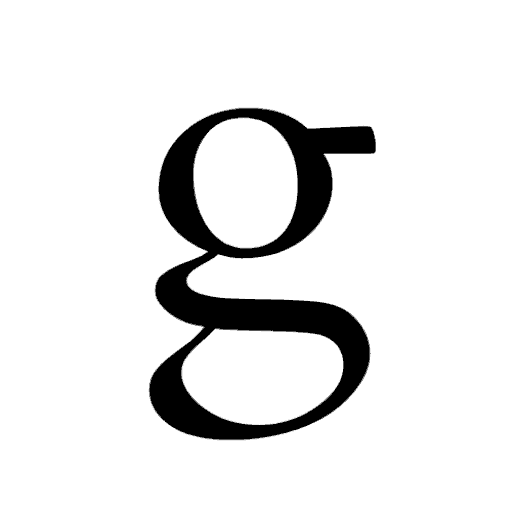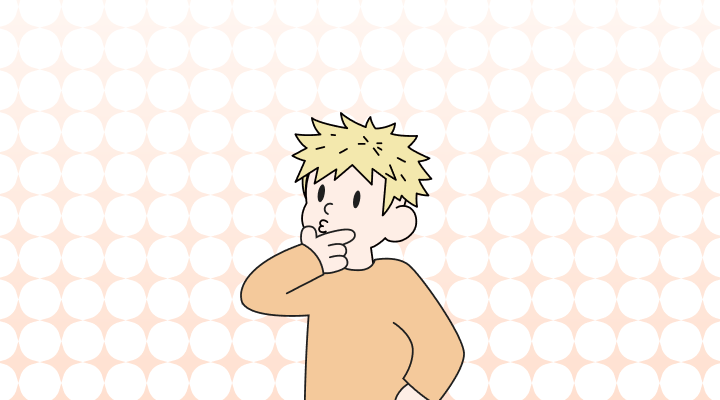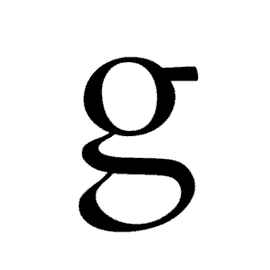Discrete refers to things that are separate, distinct, or individually identifiable. Discreet refers to qualities or behaviors related to being careful, prudent, tactful, or maintaining confidentiality.
In the world of English language and grammar, homophones—words that sound alike but have different meanings—can be a source of confusion. Two such words that often cause confusion are discreet and discrete. Although they sound almost identical, they have distinct meanings and applications.
What does discreet mean?
Discreet is an adjective that describes the quality of being careful, prudent, or tactful in one's behavior, speech, or actions. Here's how discreet is used:
Cautious and reserved
When someone is described as "discreet," it means they exercise caution and maintain a sense of privacy.
She was discreet about her personal life, never revealing too much.
Tactful and low-key
"Discreet" can also imply that someone is tactful, unobtrusive, or low-key in their actions.
The discreet charm of the small café made it a favorite spot for intimate conversations.
Maintaining confidentiality
In certain contexts, "discreet" can refer to keeping information or secrets confidential.
He was discreet with the classified documents.
What does discrete mean?
Discrete, on the other hand, is an adjective that describes things that are separate, distinct, or individually identifiable. Here's how "discrete" is used:
Separate entities
"Discrete" is used to emphasize the individual and distinct nature of something within a group.
The data was divided into discrete categories for analysis.
Distinct units
It can also indicate that something is composed of separate and distinct units.
The book was divided into discrete chapters, each focusing on a different aspect of the topic.
Non-continuous
"Discrete" is used to describe data or variables that are separate and not continuous.
Discrete data points were collected at regular intervals.
So, the next time you're writing about being cautious and tactful, use "discreet," and when you're talking about distinct and separate elements, opt for "discrete." By mastering these distinctions, you'll enhance your writing and communication skills, ensuring that your message is conveyed accurately.
Practice questions
- She was very discreet/discrete in handling the confidential information.
- Mathematics often deals with discreet/discrete numbers and their properties.
- It's important to be discreet/discrete when discussing sensitive matters in public.
- The data was divided into discreet/discrete categories for analysis.
- He gave her a discreet/discrete nod to indicate that it was time to leave.
- The computer program allowed for discreet/discrete control of various functions.
- The artist used discreet/discrete colors to create a vibrant painting.
- A discreet/discrete approach is often appreciated in professional settings.
- The information was presented in a discrete/discreet and organized manner.
- She tried to be as discrete/discreet as possible when sharing her opinions.
If you still are unsure about which to use, try out Engram where you can submit your English sentences to get immediate feedback and suggestions based on how native English speakers write.

Answer Key:
- discreet
- discrete
- discreet
- discrete
- discreet
- discrete
- discrete
- discreet
- discrete
- discreet














